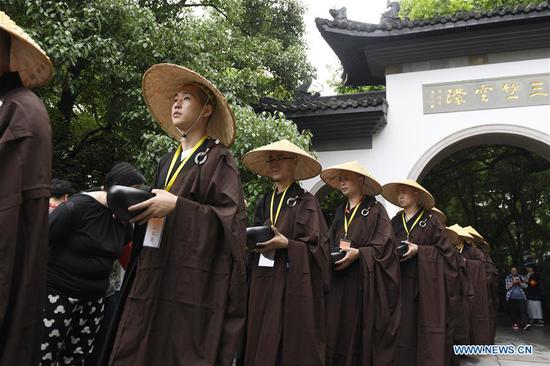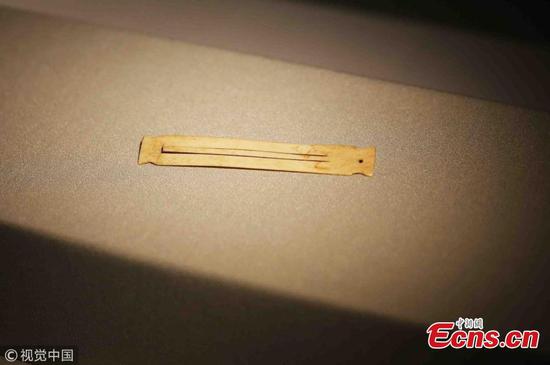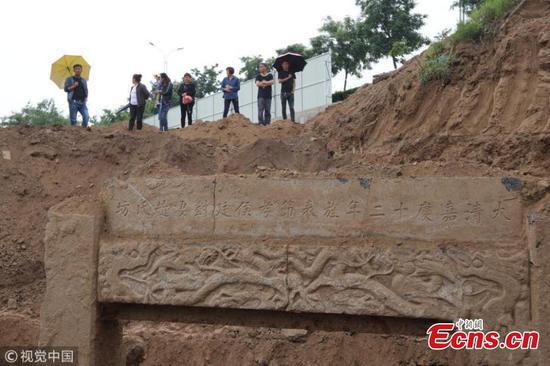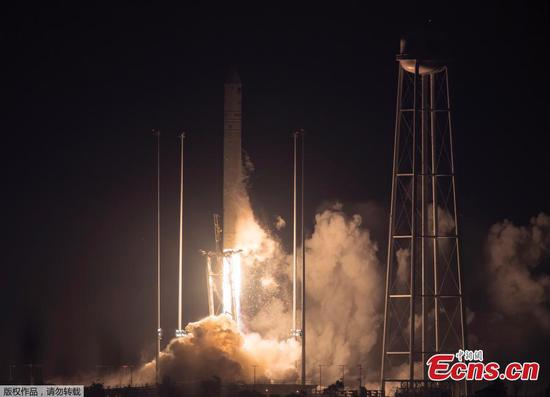![China sends twin satellites into space with a single carrier rocket, adding two more members for its domestic BeiDou Navigation Satellite System (BDS), in Xichang of southwest China's Sichuan Province, on March 30, 2018. [Photo: Xinhua]](http://image.cns.com.cn/ecns_editor/transform/20180524/SMtC-fyukwhr7228607.jpg)
China sends twin satellites into space with a single carrier rocket, adding two more members for its domestic BeiDou Navigation Satellite System (BDS), in Xichang of southwest China's Sichuan Province, on March 30, 2018. [Photo: Xinhua]
China will launch another 11 BeiDou-3 satellites by the end of 2018, adding to its domestic BeiDou Navigation Satellite System (BDS), said an official at an academic conference on Wednesday.
China has already launched eight BeiDou-3 satellites. The satellites will provide initial services for countries and regions along the Belt and Road by the end of the year, said Wang Li, chairman of China Satellite Navigation System Committee.
Addressing the Ninth China Satellite Navigation Conference in Harbin, capital of northeast China's Heilongjiang Province, Wang said the BeiDou system is moving to become a global service provider after offering stable and reliable time and space information for clients in the Asia-Pacific region.
China launched the first two BeiDou-3 satellites into space via a single carrier rocket in November 2017, as its self-developed BeiDou system officially began to expand into a global network.
Named after the Chinese term for the Big Dipper constellation, the BeiDou project was formally initiated in 1994. It began to serve China in 2000 and the Asia-Pacific region at the end of 2012.
By around 2020, when the BeiDou system goes global, it will have more than 30 satellites.
Compared to earlier generation satellites, the BeiDou-3 is able to send signals that are more compatible with other satellite navigation systems and provide satellite-based augmentation, as well as search and rescue services in accordance with international standards. Its positioning accuracy has reached 2.5 to 5 meters.
The BeiDou system will coordinate with other technology, such as remote sensing, Internet, big data and cloud computing, in the future, said Wang.

















































